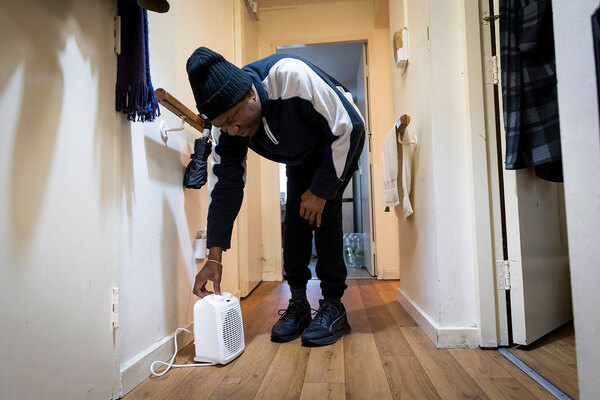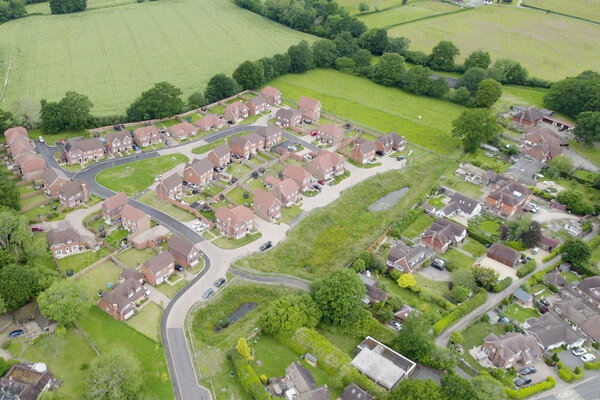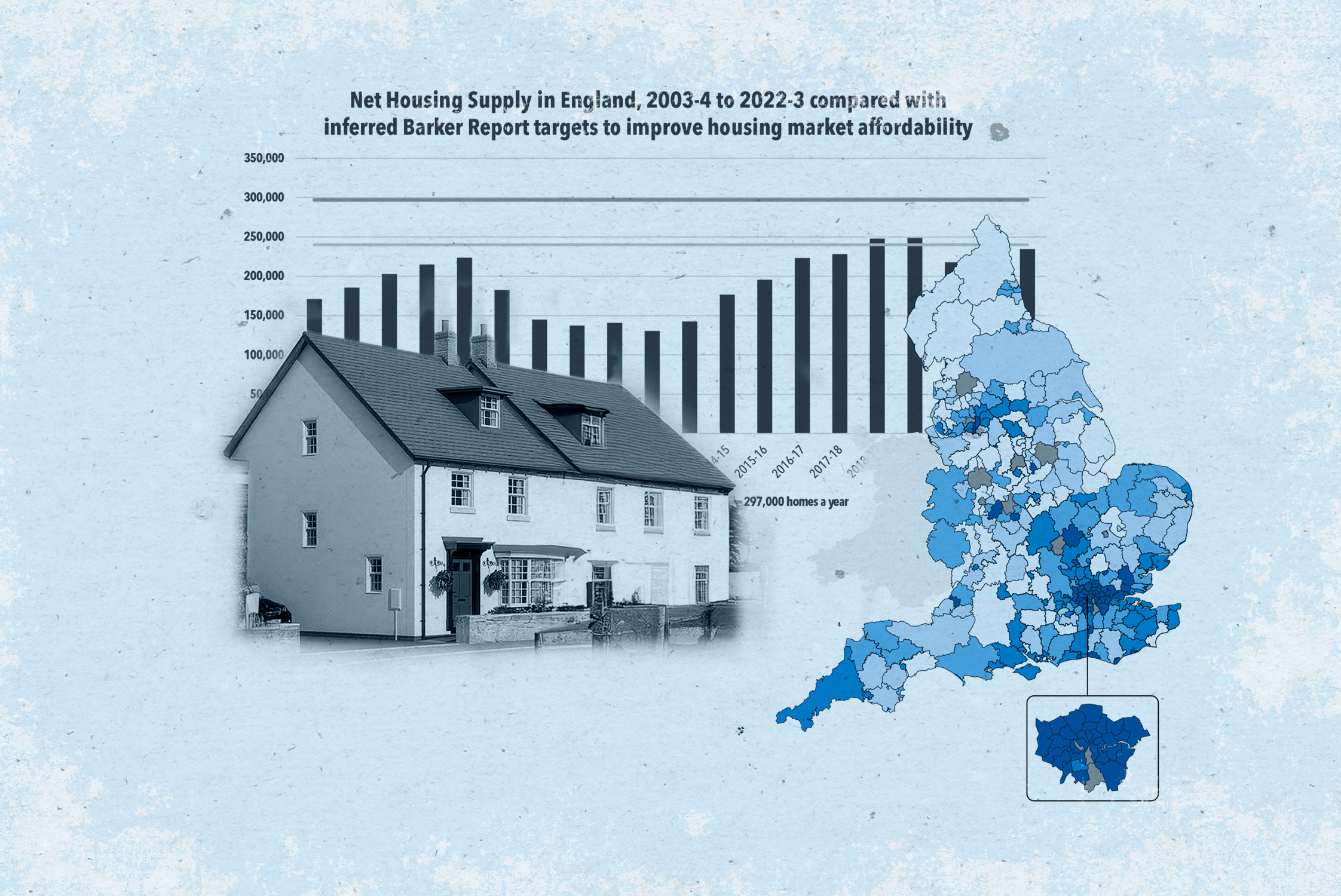You are viewing 1 of your 1 free articles
Social housing has had successes and mistakes throughout my career, but we are ready and committed to tackling the housing crisis
Geeta Nanda, chief executive of Metropolitan Thames Valley, reflects on 35 years in the social housing sector
After 35 years in housing and 31 housing ministers, at the end of last month I announced that I will leave my post as chief executive of Metropolitan Thames Valley Housing (MTVH) after 16 years in the role. As my mum turns 91, I have decided that now is the right time to focus on spending more time caring for her and I will be stepping down later this year.
However, I won’t just disappear. After such a long time in the sector there is one thing that is for sure: housing is in my blood, and I intend to stay connected to housing.
My decision to step down has naturally led to a lot of personal reflection on my time in the sector, how far housing associations have come, the challenges we’ve overcome and those which are continuing to present themselves today. I wanted to take this opportunity to share some of those reflections with readers of Inside Housing.
It is remarkable to reflect on just how much change has occurred since my days starting out as a housing officer at Notting Hill Housing Trust in 1988. Back then, we had high levels of street homelessness and challenges moving people on from hostels. Housing associations were being hailed as the “new kids on the block”. Local authorities were seen as too large and distant to provide a good service to their residents and it was for housing associations to fill the void.
There was certainly a confidence pulsing through the sector at that time. Housing associations moved from buying up street properties for renovation, to building brand new estates with help from banks. Finance directors began joining us from other sectors, and development directors took on a greater significance and responsibility.
When the suits and ties began replacing the woolly jumpers and sandals at housing conferences, there was no going back. The sector’s professionalisation was complete, and entrepreneurialism and innovation were at the centre of achieving this mission. We set about this with a sense of real excitement that housing associations could build and deal with the housing crisis, in turn tackling the social issues which came with them, giving people decent homes and the chance to live well.
“The passion and commitment of my colleagues at MTVH means we will overcome the constant challenges that come our way… but only if our mission is valued by the government”
Many of the successes we had in those early days still resonate today. As with now, housing associations were brilliant at recruiting great people to the sector who had a fantastic ability to find answers to difficult challenges and were prepared to innovate to succeed. Far from supplanting local authorities, we built crucial partnerships with them alongside house builders to provide our communities with much-needed homes.
Through building new homes and mergers, housing associations grew. The size of your development programme became one for bragging rights. As development increased, so did public awareness of what a housing association was and what we did.
However, as with any rapid period of change, mistakes were made and new challenges emerged.
We went from a situation where everyone in the office knew what went on, to new offices and greater specialisation.
Housing associations were encouraged to join together to build consortia estates, giving everyone a piece of the action. These created management nightmares, with no single association dealing with the whole estate.
With the collapse of building social housing, we shifted from a regime of capital subsidy to revenue subsidy with “housing benefit taking the strain”. Dinner-party chatter about house prices gave way to talk of the difficulty getting a home and high demand – something which persists today.
But one of things that has been ever present is the sector’s ability to grow and adapt.
Technology is an area I would highlight where we have seen some of the best improvement in the sector. We now have started having the systems and data to support the crazy mixed-up management of stock in the various locations we work in. Technology is allowing us to have one view of the resident and one view of the property and with it will come greater change and better service. We are now more in tune with the needs of our residents than ever before and provide a range of support and social value.
“When the suits and ties began replacing the woolly jumpers and sandals at housing conferences, there was no going back. The sector’s professionalisation was complete”
The changes which have occurred over my time in the sector, along with strong leadership, mean that today many housing associations such as MTVH are uniquely placed to tackle perhaps the most challenging housing crisis in my lifetime. The passion and commitment of my colleagues at MTVH means we will overcome the constant challenges that come our way, but only if our mission to provide good-quality, affordable homes and the chance to live well is valued by the government.
I’ll continue to call for our major parties to use this election year to commit to a long-term plan for housing. One that brings together national and local government, housing associations, house builders and investors in a shared mission to tackle the housing crisis once and for all. We have the skills. We have the commitment. Now is the time for long-term investment in our communities.
While institutions and funders change, the numbers of new homes required increases. With this, so do the challenges faced by our residents. We need a society that faces those challenges and makes housing the cornerstone of a good life.
So as I come to the end of my time as chief executive of a large housing association, I’d like to salute the people who work in pressurised services. Those who continue to reinvent ways to work with residents, and who find new ways to work in partnership to fund and build the housing we need.
Sign up for our daily newsletter
Already have an account? Click here to manage your newsletters













